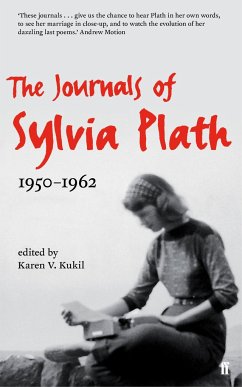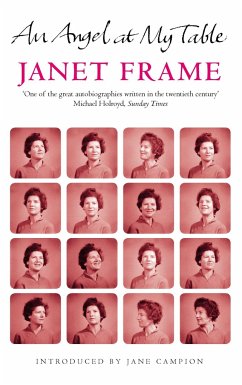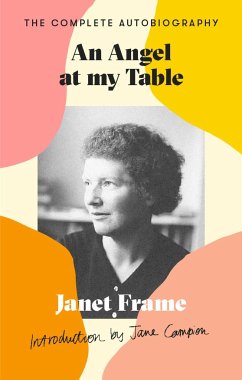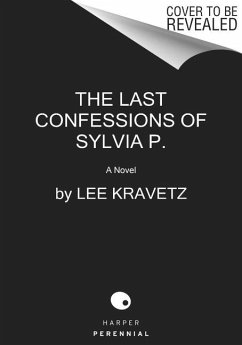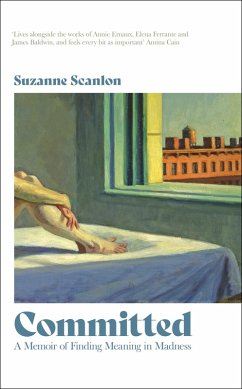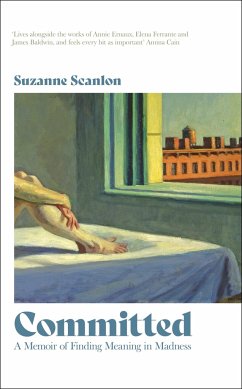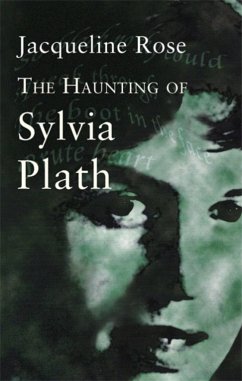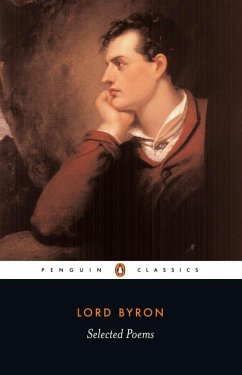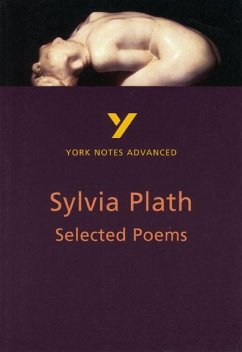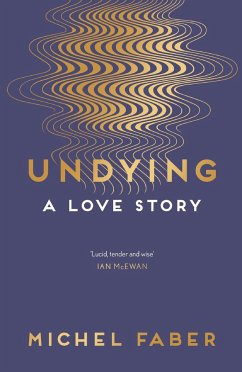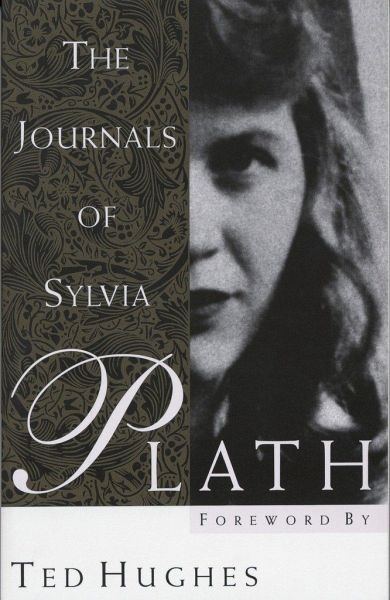
The Journals of Sylvia Plath
Versandkostenfrei!
Versandfertig in 2-4 Wochen
21,99 €
inkl. MwSt.
Weitere Ausgaben:

PAYBACK Punkte
11 °P sammeln!
Sylvia Plath began keeping a diary as a child. By the time she was at Smith College, when this book begins, she had settled into a nearly daily routine with her journal, which was also a sourcebook for her writing. Plath once called her journal her "Sargasso", her repository of imagination, "a litany of dreams, directives and imperatives", and in fact these pages contain the germs of most of her work. Plath's ambitions as a writer were urgent and ultimately all-consuming, requiring of her a heat, a fantastic chaos, even a violence that burned straight through her. The intensity of this struggle is rendered in her journal with an unsparing clarity, revealing both the frequent desperation of her situation and the bravery with which she faced down her demons. Written in electrifying prose, the journals provide unique insight, and are essential reading for all those who have been moved and fascinated by Plath's life and work. An abridged version of the Journals was first published in 1982, edited by Plath's husband, Ted Hughes. Now, for the first time, we have the complete journals, with all the material that had been suppressed by Hughes and by Plath's mother, Aurelia Plath, restored. What emerges is a more complete picture of the troubled poet, and especially a clearer view of the resentments she felt toward her husband and her mother. In addition, the inclusion of descriptions of her father -- a major presence in the Ariel poems -- and her parents' marriage, and of many sketches and ideas for stories and poems provide the reader with insight into the connections between Plath's life and her work.




